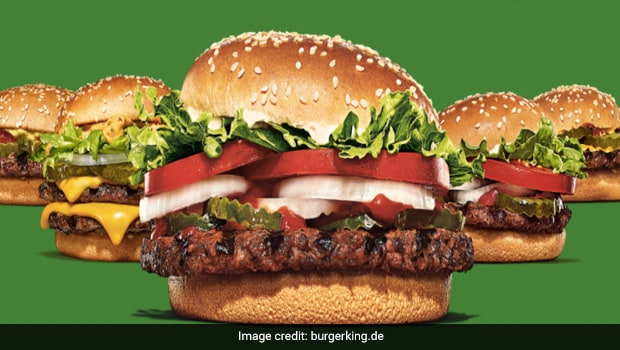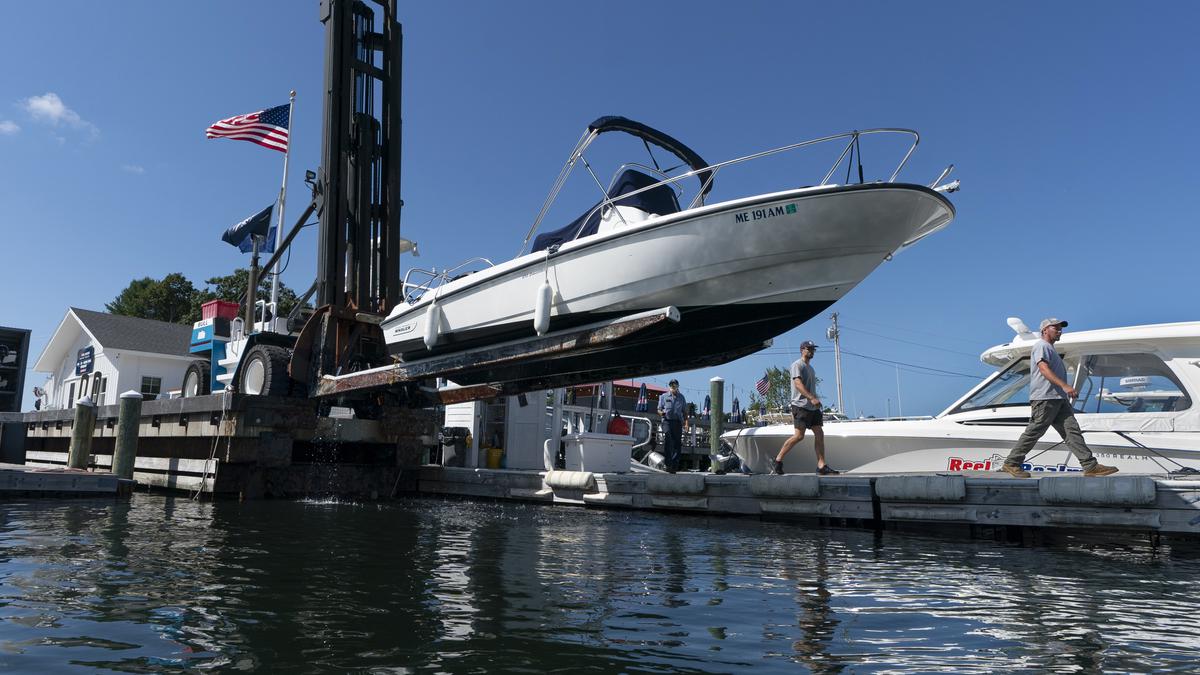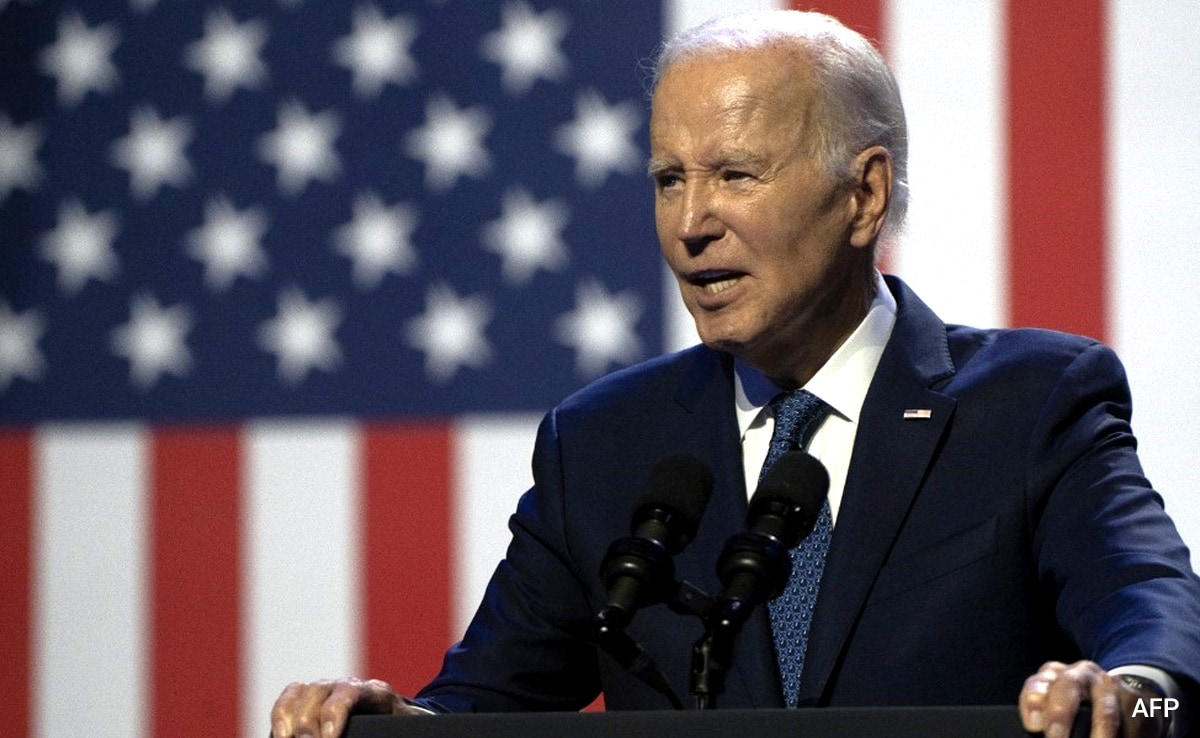Scottish Labour leader Anas Sarwar, right, with candidate Michael Shanks after Labour won the Rutherglen and Hamilton West by-election, at South Lanarkshire Council Headquarters in Hamilton, on October 06, 2023.
| Photo Credit: AP
Britain’s main opposition Labour party on Friday welcomed a big local election win in Scotland as a sign its electoral fortunes were changing head of a UK general election.
Labour needs to win back some of the 40 seats it lost in Scotland in 2015 if it is to have a chance of ousting Prime Minister Rishi Sunak’s Conservative government at a UK election likely to be held next year.
Polling expert John Curtice said the 20 percent swing to Labour — if replicated at a general election — could allow the party to recapture dozens of seats north of the border.
That could have “implications for the overall outcome in the general election because, if that were to happen, they would find it easier to get an overall majority”, Curtice added.
The result takes the Labour party’s tally of seats in Scotland from one to two, after it was all but wiped out by the Scottish Nationalist Party (SNP) at the 2015 election.
Labour leader Keir Starmer hailed the victory by nearly 59 percent of the vote as “seismic”, just days before the party gathers in the northwestern English city of Liverpool for its annual conference.
“This is a first step on a very, very important journey for all of us in Scotland, for all of us across the whole of the United Kingdom,” he said.
The by-election in the Rutherglen and Hamilton West seat, southeast of Glasgow, came after SNP lawmaker Margaret Ferrier was pushed out over a breach of Covid-19 regulations.
Labour candidate Michael Shanks won 17,845 votes, well ahead of the 8,399 polled by his SNP rival.
Shanks said the resounding result showed “Labour can kick the Tories out of Downing Street next year and deliver the change people want”.
The pro-independence SNP’s defeat follows a drop in popularity in Scotland following the resignation of Nicola Sturgeon as party leader and Scotland’s first minister.
Sturgeon was the figurehead of the independence movement, overseeing a surge in support, particularly after Brexit, in which Scotland opposed leaving the European Union and during the Covid pandemic.
But in February, she unexpectedly announced her resignation and was later arrested with her husband over claims of mismanagement of SNP finances.
Starmer’s Labour has enjoyed double-digit poll leads for months as Sunak’s government has grappled with stubbornly high inflation and a cost-of-living crisis.
Recent surveys, however, have showed the gap narrowing, following a raft of populist policies announced by Sunak in recent weeks.
But Curtice said the Scottish result “firmly” confirmed “the direction of travel indicated by the polls”.
The Conservative Party also suffered a big defeat to Labour in July in the northern English constituency of Selby and Ainsty.
Curtice said taken together the wins were the “kind of results that you see in advance of general elections when parties are on course to win”, adding that it had been a “remarkably good night” for Labour.
Labour was once the dominant force in Scottish politics but has seen its influence decline at a national level since the end of Prime Minister Gordon Brown’s government in 2010.
In the devolved Scottish parliament in Edinburgh, the SNP has long been the biggest party and currently governs in a coalition with the pro-independence Greens.















